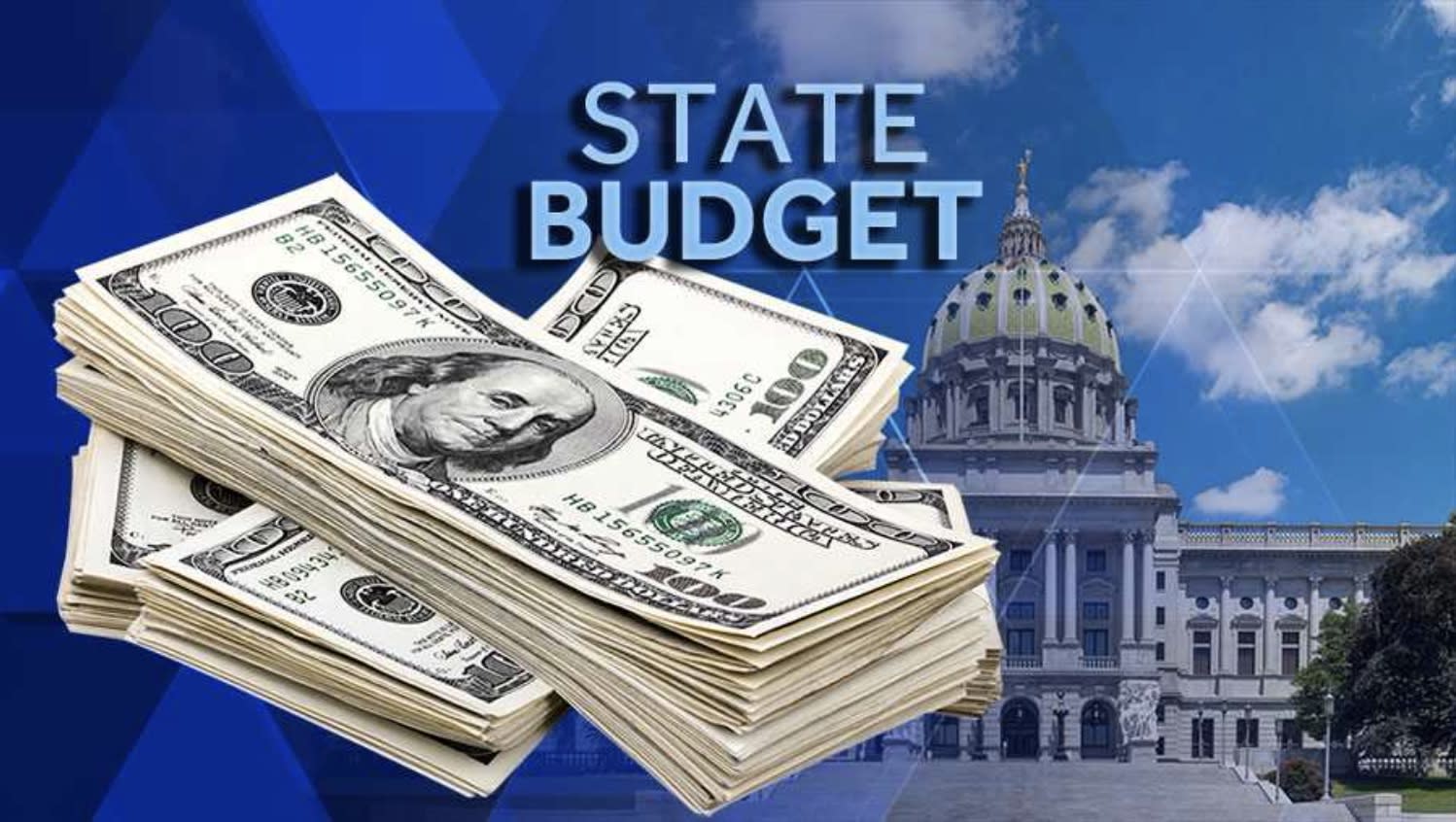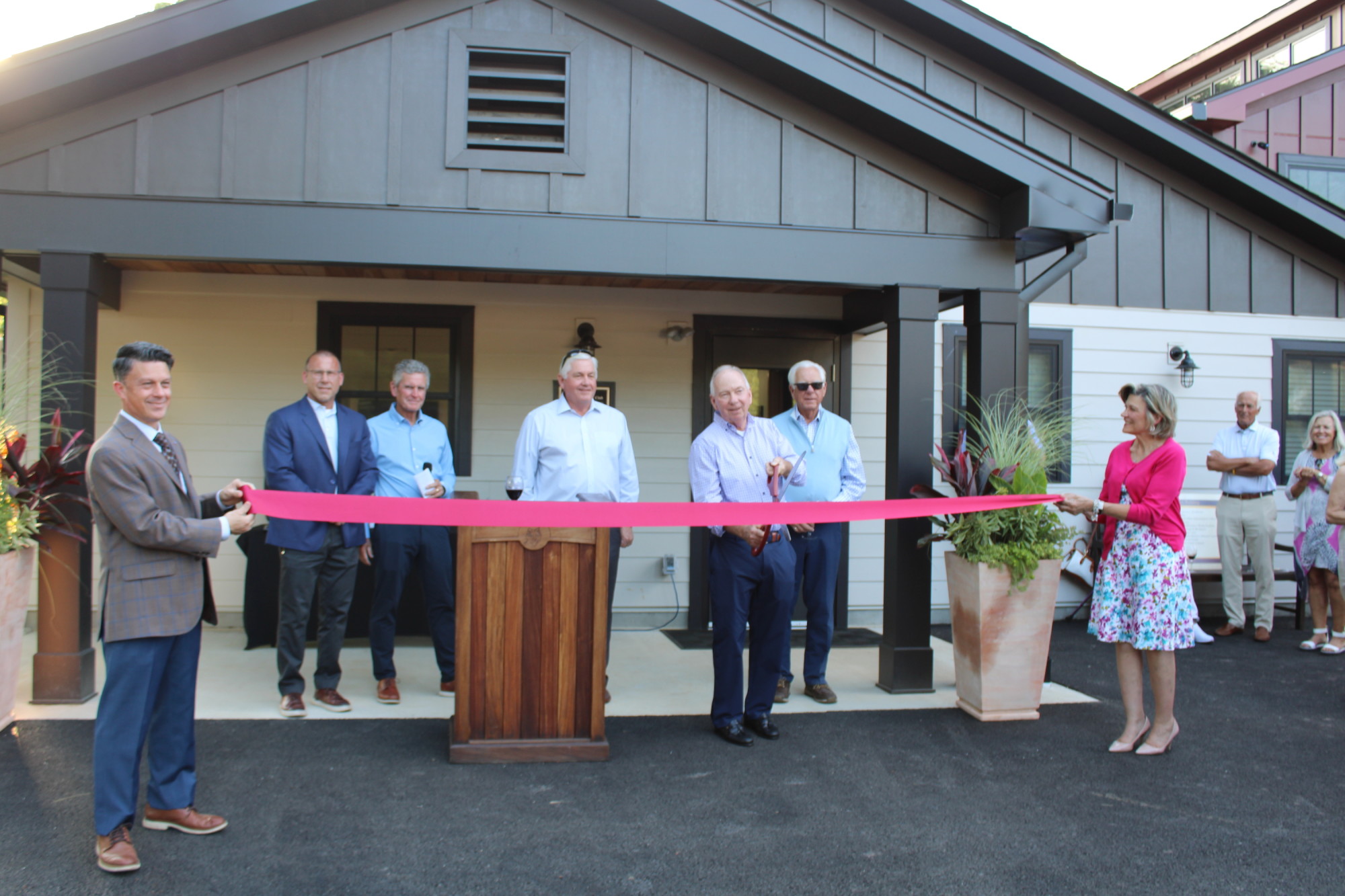The Pennsylvania General Assembly is scheduled to return the last week of June to potentially finalize budget negotiations. While the state budget is mandated by the Commonwealth’s Constitution to be balanced and finalized by June 30th, it has often gone well past that deadline. This includes as recently as 2023, Governor Josh Shapiro’s first year in office, when the budget was not officially finalized until December of that year. Even in mid-June, it is unclear if 2024 will see a similar impasse; nevertheless, what will be included in the final package?
Many items have been positioned by the House and Senate for potential inclusion and trades. This includes legislation, SB269, recently passed by the Senate that eliminates the state gross receipts tax on electric bills and reduces the personal income taxes from 3.07 percent to 2.8 percent. The General Assembly is also considering changes to Net Operating Loss tax implications within this year’s budget.
Increasing the Commonwealth’s minimum wage remains on the table with several different proposals being introduced. Senate Democrats recently called for a “Living Wage ” of $20 per hour, allowing municipalities to set a local minimum wage greater than the state minimum wage and setting the tipped wage to 70% of the minimum wage. Governor Shapiro’s FY24 budget proposal does call for an increase of the minimum wage to $ 15 per hour, and the Pennsylvania House has already passed a bill, HB1500, that increases the state minimum wage to $11 at the start of 2024, $13 in 2025, and $15 in 2026.
Basic education funding is always an annual negotiation, and this year is no different. The House of Representatives recently passed legislation to support Governor Shapiro’s proposal for a $ 1 billion increase of spending for basic education to address a Commonwealth Court decision in 2023 that ruled that Pennsylvania’s school funding system is unconstitutional and must be reformed. HB2370 passed the full House on June 10th with 5 Republican votes and is based on the recommendations of the Basic Education Funding Commission following a 2023 Commonwealth Court decision that ruled the state’s existing school funding formula is unconstitutional and ordered the legislature to fix it. The future of this bill remains unclear in the Senate, but last year, GOP leadership in the Senate, as well as Governor Shapiro, Jeff Yass, and rapper Jay-Z, want to see the state adopt a school voucher program for public schools. Indeed, the Senate Education Committee passed legislation, SB795, in May that would establish the PASS (Pennsylvania Award for Student Success) Program to provide students in low-performing schools with scholarships to attend the school of their choice.
Next, the Governor’s call for higher education reform within his budget address has led the Senate to pass a counter-proposal, Grow PA. This package includes a grant program (SB1150) for in-state students who attend college in Pennsylvania to pursue a degree in a high-demand industry, a scholarship program (SB1151) to help attract high-performing out-of-state students to Pennsylvania State System of Higher Education (PASSHE) schools also for in-demand occupations, expansion (SB1152) of an existing program which provides scholarships to good students to cover the cost of post-secondary education and a separate program (SB1153) for students in the foster care system and children who were adopted in Pennsylvania qualify for financial aid and tuition waivers, legislation (SB1154) to add performance-based metrics to funding for state-related universities, and developing a special task force (SB1155) to review additional improvements to higher education and career preparation programs going forward, including increasing community college transfers, expanding dual enrollment, encouraging employer incentives, increasing student enrollment from other states, and boosting efficiencies in higher education.
Budget negotiations could also lead to trades on other items, such as additional funding for mass transit by transferring an additional 1.75 percent of state sales tax revenue into the Public Transportation Trust Fund, changes to the regulation and taxing of video gaming, family and medical leave, election reform, unemployment compensation, housing measures, and changes to the state’s energy policies.














